Paid Search vs Organic Search: An Expert Consultant's Guide
- Chase McGowan

- Oct 11, 2025
- 15 min read
At its core, the difference is simple: paid search is like renting your spot at the top of the search results, while organic search is about earning a permanent home there.
This isn't just a decision between spending money and investing time. It's about choosing the right expert to get the most out of whichever path you take. The biggest mistake is thinking the choice is the channel, when the real choice is the strategist behind it.
Paid vs Organic Search: Choosing Your Strategist, Not Just Your Strategy
Many business owners think the paid vs. organic search debate is about picking a marketing channel. The real decision, however, is picking the right strategist. The success of your campaigns—whether paid or organic—hinges far more on the expertise guiding your budget and efforts than on the platform itself.
This is where the line is drawn between a dedicated, expert consultant and a large, impersonal, and often overpriced agency.
To get started, it’s helpful to have a solid grasp of what organic search actually involves. If you're new to the concept, check out a comprehensive overview of Search Engine Optimization (SEO) to understand its core principles.
The Two Sides of the SERP
The image below gives you a glimpse into the two different worlds—the instant, data-rich dashboard of a paid campaign versus the steady, cumulative growth tracked in SEO.
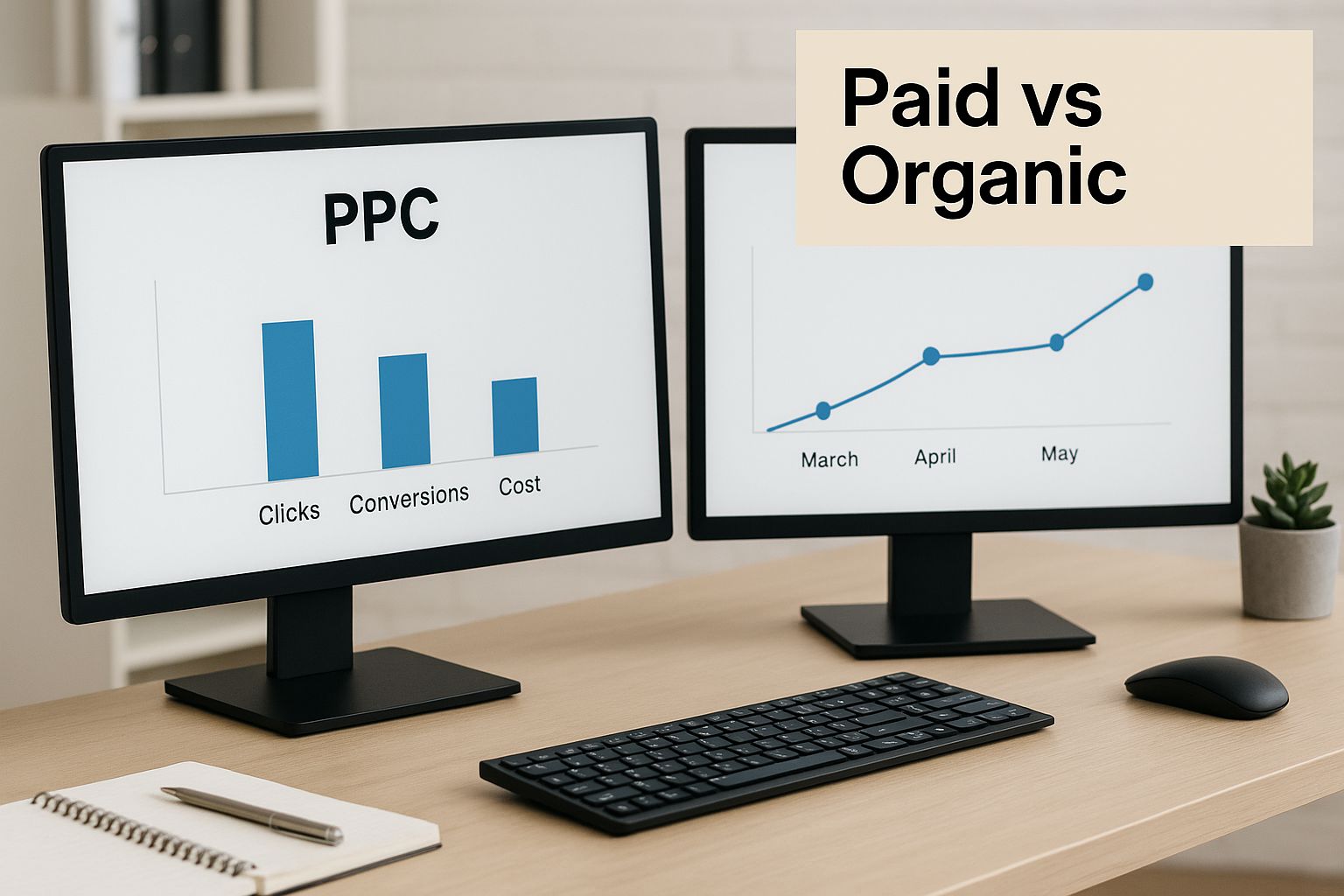
While paid search delivers immediate feedback, organic search builds lasting authority and trust. It's a powerhouse for a reason: organic search drives approximately 53.3% of all website traffic, making it the dominant source of visitors globally.
Users also trust it more. Roughly 70% of all clicks in search results go to organic listings, not paid ads.
The biggest mistake I see businesses make is treating this like a choice between tools. The real choice is between a one-size-fits-all, bloated agency and a nimble, specialized consultant who molds these tools to fit your specific business goals with no waste.
Paid vs Organic Search At a Glance
To quickly break down the fundamental differences, here's a high-level summary that gets straight to the point.
Attribute | Paid Search (PPC) | Organic Search (SEO) |
|---|---|---|
Speed to Results | Immediate. Your visibility starts the moment your campaign goes live. | Slow and gradual. It can take months to see significant results. |
Direct Cost | Pay-per-click. You need an active budget for your ads to run. | No direct cost for clicks, but requires investment in expertise and content. |
Control & Targeting | High control over budget, ad copy, and audience targeting. | Less direct control; you're influenced by search engine algorithms. |
Long-Term Value | Traffic stops the second you stop paying. | Builds a sustainable asset that can drive free traffic for years. |
User Trust | Lower. Users know it's advertising. | Higher. It’s seen as more credible and authoritative. |
This table lays out the core trade-offs. One offers speed and control; the other offers trust and lasting value. The right choice depends entirely on your immediate needs and long-term ambitions.
Decoding the True Cost and ROI of Search Marketing
Let's kill a dangerous myth right now: paid search costs money, and organic search is "free." This isn't just an oversimplification; it’s a mindset that leads to bad marketing decisions and wasted budgets.
The truth is, both channels require a serious investment. The real difference lies in how you invest—and where the money gets wasted.
Paid search (PPC) has a very direct, transactional cost. You pay for every click. It’s immediate, it’s visible on an invoice, and for that reason, it’s incredibly easy to mismanage.
But the click itself is just the tip of the iceberg. The real cost comes from inexperience—poorly targeted keywords, ad copy that doesn’t connect, and landing pages that don't convert. You’re not just paying for clicks; you're paying for clicks that go nowhere.
The True Price of Paid Search Inexperience
This is where the difference between a specialized consultant and a big, bloated agency becomes painfully clear. Too often, large agencies stick junior-level staff on accounts, rolling out generic strategies that burn through cash. A huge chunk of your fee isn't going toward optimizing your campaigns; it's funding their high overhead and multiple layers of management.
An independent consultant works on a completely different model. Every dollar you spend on management goes directly into expert-level strategy and hands-on work. My goal isn't to justify a hefty retainer; it's to maximize your Return on Ad Spend (ROAS). That means getting surgical.
Eliminating Waste: I find and cut the underperforming keywords and ad groups that are bleeding your budget dry.
Precision Targeting: We use advanced audience segmentation to make sure your ads only show up in front of people who are actually ready to buy.
Continuous A/B Testing: We methodically test everything—ad copy, headlines, landing pages—to find the winning combination that drives conversions at the lowest possible cost.
This is how you plug the leaks. It’s a hands-on, expert-driven process that turns a potential cost center into a predictable profit engine.
Unpacking the Investment in Organic Search
Now, let's look at the other side of the coin. SEO’s costs are less direct, but they are just as real. You don't pay per click, but achieving those high organic rankings demands a substantial investment in time, resources, and very specialized knowledge.
The main line items for organic search are:
High-Quality Content Creation: You need articles, guides, and resources that actually solve a user's problem and are good enough to attract backlinks naturally.
Technical SEO Expertise: Your website has to be fast, secure, mobile-friendly, and easy for search engines to crawl. This doesn't happen by accident.
Link Building Outreach: This involves strategically earning links from other authoritative websites to build your own site's credibility in the eyes of Google.
If you don't invest properly here, your "free" channel will generate exactly zero traffic. Your content will be buried on page 10, and the investment will be a total loss.
The most expensive part of any search marketing campaign isn't the channel—it's the inexperience of the person running it. Wasted ad spend and failed SEO efforts both have the same result: a negative return on your investment.
Here's a real-world example. A local plumber might budget $5,000 per month for Google Ads. With an inexperienced, bloated agency, they might get a 1.5x ROAS, which turns their $5,000 into $7,500 in revenue. Not great. An expert consultant, however, could optimize the targeting and eliminate waste to hit a 4x ROAS, generating $20,000 from the very same budget. The channel didn't change; the expertise did. It's critical to understand these metrics, and you can learn more in our detailed guide on the difference between ROI vs. ROAS.
Ultimately, both paid and organic search are powerful, but they demand strategic investment. The key is to put that money toward specialized expertise that cuts out the waste and focuses relentlessly on returns. That’s how every dollar you spend starts working toward real, tangible growth.
Contrasting Speed, Control, and Predictability
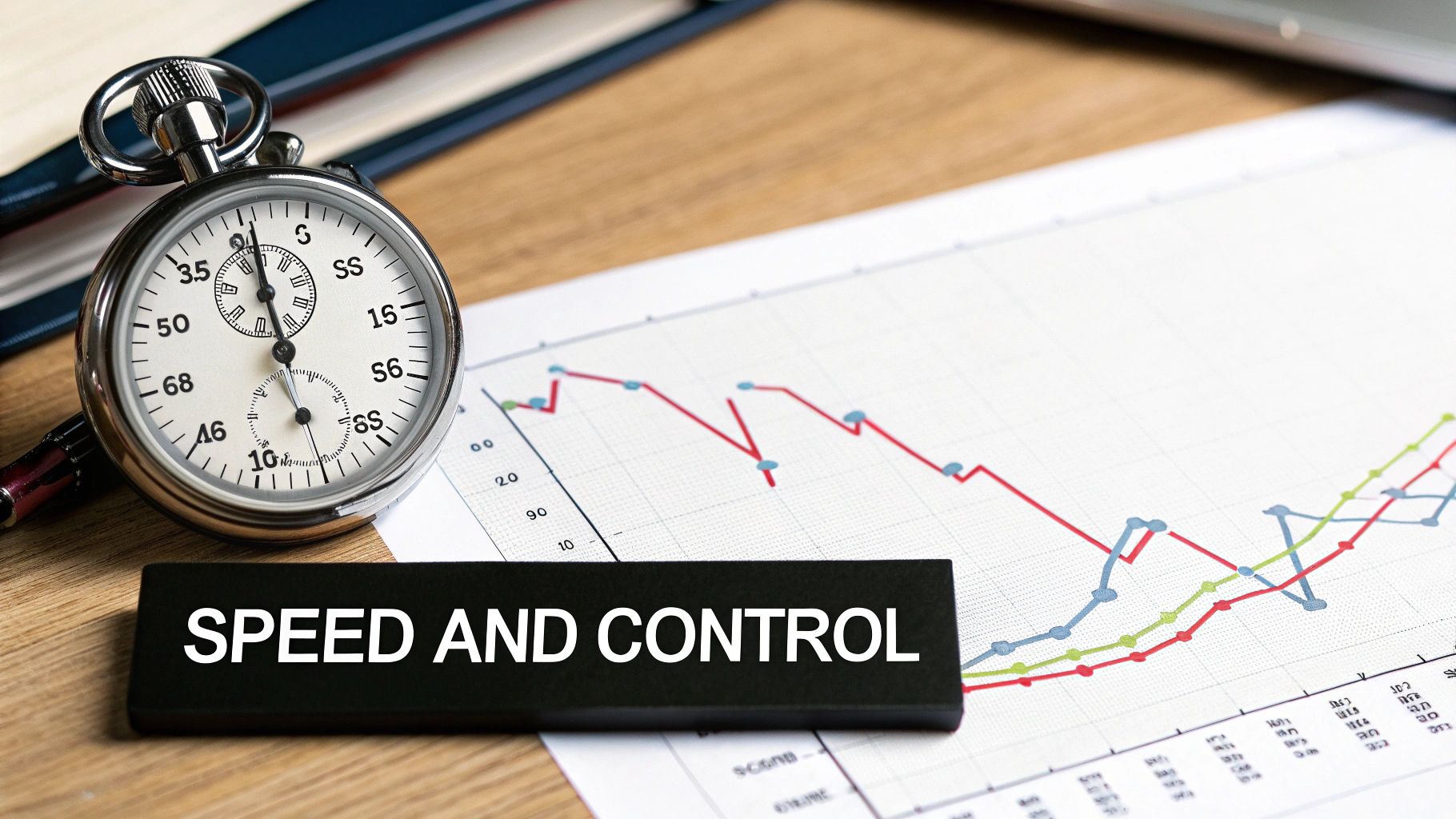
When you compare paid search and organic search, the first thing that jumps out is the timeline. Paid search is like flipping a switch. The second your campaign goes live, your ads can show up at the top of the results page, bringing in traffic today.
Organic search, on the other hand, is like planting a tree. It’s an investment in a long-term asset. It grows stronger and more valuable over time, but you’ll need to put in months—sometimes even a year—of consistent work before you see a real payoff.
This difference is critical for any business that needs to generate leads or sales right now. If you’re launching a new product, running a seasonal promotion, or breaking into a new market, you can't afford to wait for organic rankings. Paid search delivers the speed you need to seize the moment.
The Power of Precision in Paid Search
Beyond speed, paid search gives you an incredible amount of control. Think of every part of your campaign as a lever you can pull or a dial you can turn. You get to decide the exact keywords to target, the demographics of your audience, what time of day your ads run, and precisely how much you’re willing to spend.
This is where having a dedicated expert makes all the difference. A big, bloated agency might just apply a one-size-fits-all template to your account, stretching their resources thin. They just don't have the focus to manage all those controls with surgical precision.
A true specialist, however, lives and breathes inside your account. We use that granular control to:
Run Nimble A/B Tests: Instantly test different headlines, descriptions, and calls to action to figure out what actually connects with your audience.
Refine Audience Segments: Target people based on their specific behaviors, locations, and interests, making sure your message hits the most qualified prospects.
Adapt to Market Shifts: Quickly adjust bids and budgets in real-time as competitors make moves or consumer demand changes.
This hands-on, specialist approach is the complete opposite of the "set it and forget it" mentality that plagues so many oversized agencies. Real optimization demands constant attention and deep expertise, which is why understanding how to manage PPC campaigns like a specialized expert is the key to getting the best returns.
Navigating the Unpredictability of Organic Search
While organic search builds serious long-term value, it comes with far less direct control and predictability. Your rankings are ultimately at the mercy of search engine algorithms, which can—and do—change without warning.
You can do everything right. Create amazing content, build high-quality backlinks, and perfect your site’s technical health. But you can't force Google to put you at #1. A competitor might suddenly jump ahead of you, or an algorithm update could completely shake up the results overnight. This makes forecasting organic traffic and leads in the short term a much bigger challenge.
An expert consultant doesn't just manage paid search in a vacuum. We use the immediate, granular data from Google Ads to accelerate organic success. By identifying the exact keywords and ad copy that convert, we provide a proven roadmap for the SEO team, removing the guesswork and validating user intent long before organic rankings are achieved.
Ultimately, paid search offers predictable, controllable results you can scale up or down with your budget. Organic search provides powerful, sustainable growth, but it's far less predictable day-to-day. The smartest strategies use the instant feedback from paid campaigns to inform and de-risk the slower, long-term investment in organic.
The Click-Through Conundrum: Why Trust Matters
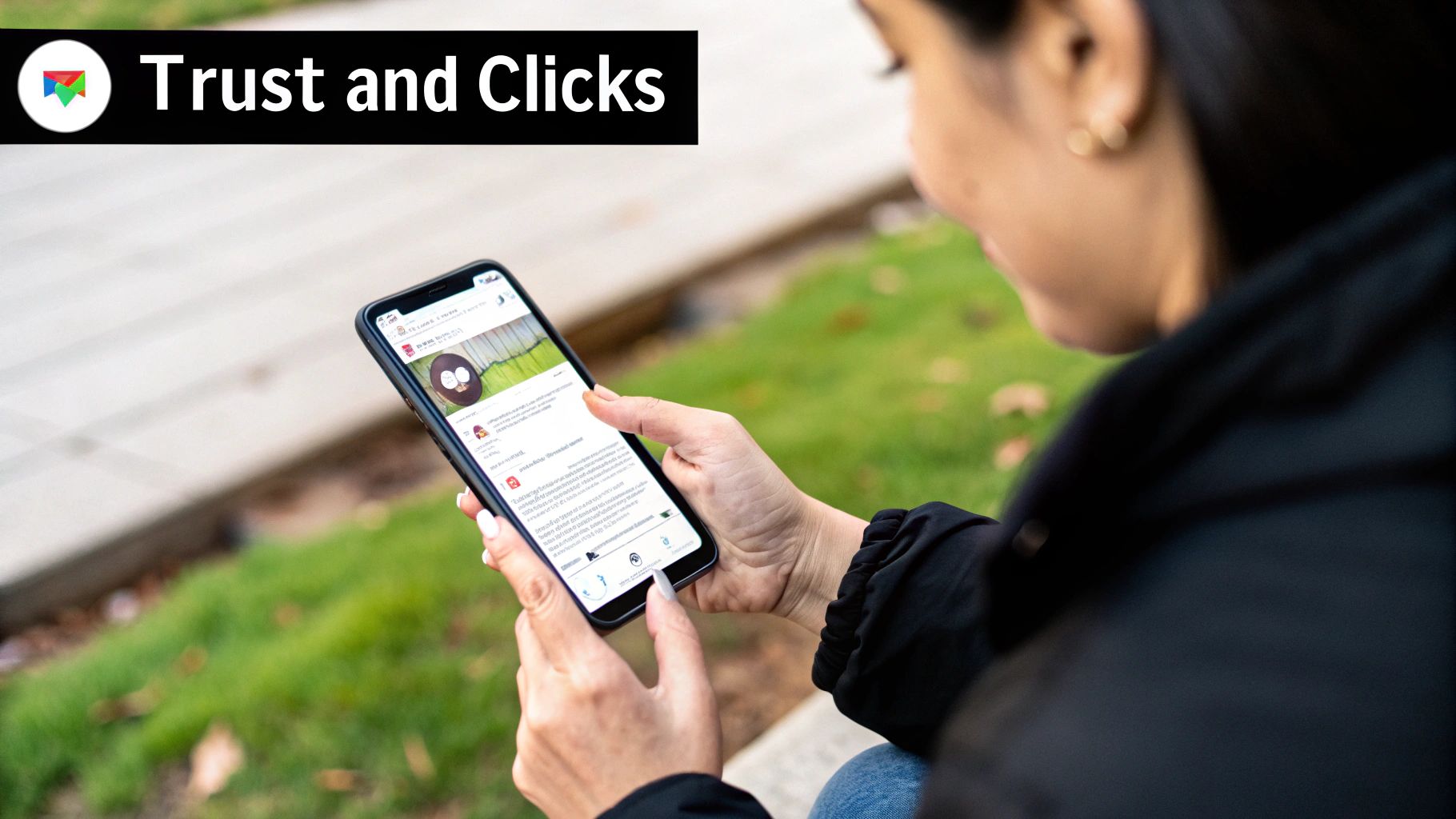
When someone types a search into Google, they’re not just looking for an answer. They’re looking for a credible answer. This hunt for authenticity is exactly where the psychological split between paid and organic search becomes so clear.
Organic listings inherently carry more weight. People see them as results that have earned their place through authority and relevance, not just paid for it. That built-in trust has a real, measurable impact on how users behave.
The data doesn’t lie. The top organic spot on Google enjoys an average click-through rate (CTR) of 27.6%. Compare that to paid search ads, which pull in a global average CTR of just 1.63%. That massive gap shows just how much user skepticism can tank engagement.
Dodging "Ad Blindness" Takes More Than a Formula
This user preference for organic results has created a phenomenon we all know: "ad blindness." Our brains are now trained to subconsciously skip over anything with a "Sponsored" tag, scanning right past the ads to find what feels like a more genuine result.
This is where so many paid search campaigns go off the rails, especially when they're run by big, impersonal agencies. They often treat ad creation like an assembly line, churning out generic copy that practically screams "I'm an ad!" This one-size-fits-all approach completely misses the user's intent and triggers the very ad blindness it should be trying to solve.
But a well-managed paid campaign can completely sidestep this. It's not about tricking anyone; it's about earning the click with pure relevance.
A truly great paid ad doesn't feel like an ad. It feels like the perfect, immediate solution to the user's problem. This is the art that separates a true PPC specialist from a generic agency—transforming an intrusive advertisement into a welcome answer.
A real expert gets inside the user's head. We don't just bid on keywords; we target the intent driving those keywords. This lets us write compelling, hyper-relevant ads that connect directly with a user’s problems and goals.
How a Specialist Bridges the Trust Gap
The simple take is that organic always wins the trust game. The more nuanced truth? Expertise can absolutely bridge that trust gap in paid search—a feat that cookie-cutter agency models rarely pull off.
Here’s how a specialist makes it happen:
Writing Hyper-Relevant Ad Copy: We create ads that reflect the user's own language and directly answer their query. The ad feels less like a sales pitch and more like a helpful continuation of their search.
Using Ad Extensions Strategically: We leverage sitelinks, callouts, and structured snippets to pack more value and credibility into the ad, giving users more reasons to trust it before they even click.
Nailing the Landing Page Handoff: The click is just the beginning. The landing page has to deliver on the ad's promise perfectly, reinforcing that initial trust and moving the user smoothly toward conversion.
This is a meticulous, hands-on process that builds trust one click at a time. It proves that with the right strategy, paid search can overcome its inherent disadvantages and deliver incredible results. For a deeper look at the specific techniques involved, check out this guide on optimizing your click-through rates.
By focusing on user intent and creating ads that are genuinely helpful, a skilled consultant can blow past the industry-average CTRs. That’s something a bloated agency, focused more on volume than quality, just can't replicate. For more pro tips, see our guide on how to improve click-through rates in Google Ads.
Navigating the Future of Search with AI Overviews
The age-old debate between paid and organic search is getting completely upended by the biggest shake-up to Google's results page in years: AI Overviews.
These are the summarized, AI-generated answers popping up at the very top of your search results. They’re designed to give you an answer directly, meaning you never have to click a link.
This isn't some far-off future. The shift to "zero-click" searches is happening right now, and it’s changing how people use Google. When a user gets their answer instantly, what's their motivation to scroll down and click on your paid ad or your organic listing? Neither channel is immune to this disruption.
The data shows just how big of a deal this is. A recent analysis found that when AI Overviews are present, organic search click-through rates dive by a shocking 67.8%, dropping from 3.07% to just 0.99%. Paid search gets hit hard, too, with its CTR falling by roughly 58.0%. You can dig into the numbers yourself by reading the full 12-month analysis on Rankfuse.com.
Adapting in Real-Time: The Consultant Advantage
This is where the difference between a nimble, hands-on consultant and a big, slow-moving agency becomes crystal clear.
Large agencies are built on rigid processes and layers of management, which makes them notoriously slow to react. They’re like giant container ships—they take miles to change course, leaving their clients’ strategies outdated while they try to catch up to major market shifts.
An independent consultant, on the other hand, is a speedboat. I'm in the trenches every single day, analyzing these changes as they happen and adjusting your campaigns immediately. There are no approval chains or internal strategy meetings, just direct, decisive action to protect your investment.
In an environment where the search results page can transform overnight, agility isn’t just a nice-to-have; it's a core requirement for survival. Your marketing partner has to be able to pivot on a dime, not six months after a new trend has already cost you traffic and revenue.
This is my core advantage. I can re-engineer your entire search strategy to win in this new AI-driven world.
Winning in the Age of AI Overviews
So, how do we adapt? The answer isn't to abandon search—it's to get smarter and more precise. Success now depends on understanding the new rules of the game and executing a strategy that a slow-moving agency simply can't.
Our focus immediately shifts to a three-pronged attack:
Appearing in AI Summaries: We’ll sharpen your content and landing pages to directly answer the questions AI models are looking for, boosting the odds that your brand gets cited right in the AI Overview.
Capturing Conversational Queries: We'll target the long-tail, conversational keywords that are most likely to trigger these AI answers, making sure you’re part of the conversation from the get-go.
Optimizing for Direct Answers: Your entire content strategy will become laser-focused on providing clear, concise, and authoritative answers that make you an indispensable source for both users and the AI.
This is a proactive, specialist-driven approach. While big agencies are still debating AI Overviews in their quarterly planning meetings, my clients are already capturing the traffic they're leaving on the table. In this new era of search, having an agile, dedicated expert isn't just an advantage—it's your best defense.
Choosing Your Strategy: A Consultant’s Recommendation
Picking between paid and organic search isn't just a marketing decision—it's a business one. The old "it depends" answer doesn't help anyone. The real answer is about matching the right channel, and more importantly, the right expert, to your specific growth goals.
Let's cut through the theory and talk about real-world scenarios. The important question isn't which channel to use, but when and why.
Scenarios Where Paid Search Is Your Priority
Think of paid search as your accelerator. It’s the tool you use for immediate results, fast testing, and breaking into a market aggressively.
You should be prioritizing a paid search strategy when you need to:
Launch a New Product or Service: You can't afford to wait months for organic rankings to catch up. Paid search puts your brand-new offering directly in front of buyers from day one, giving you those critical early sales and market feedback.
Drive Leads for a Time-Sensitive Offer: Running a flash sale or a seasonal promotion? PPC lets you flip the switch on visibility, guaranteeing maximum exposure exactly when it counts.
Validate a Business Idea: Before you pour money into a full-blown SEO and content machine, a small, targeted Google Ads budget can prove whether there's real demand for your new concept. It’s the fastest way to test your messaging and conversion potential.
When to Double Down on Organic Search
Organic search is your foundation. It's the long game—an investment in building a sustainable, authoritative brand that generates value for years to come.
You should focus your resources on an organic strategy when your main goal is to:
Build Lasting Brand Authority: To become the trusted resource in your field, you have to build a deep library of high-quality content. This is how you earn the credibility that creates loyal, long-term customers.
Generate Consistent, Low-Cost Leads: Once you've secured strong organic rankings, you've built a predictable stream of "free" traffic that shows up every single month. This creates a stable and scalable lead engine that isn't dependent on your daily ad spend.
The most critical decision you'll make isn't about choosing a channel; it's about choosing your partner. The right expert makes the channel work for you. The wrong partner—often a bloated, overpriced agency—wastes your budget regardless of the channel.
The strongest marketing programs integrate both, using the immediate data from paid search to steer the long-term direction of the organic strategy. But the success of either hinges completely on who's behind the wheel.
Your Most Important Investment Is Expertise, Not a Service
This brings us to the final, most important point. Your choice isn't just between paid vs. organic. It’s between a dedicated, expert consultant and a massive, impersonal agency.
An oversized agency sells you a service, often diluted by junior account managers and weighed down by their own overhead. An independent consultant, on the other hand, provides specialized expertise. My focus is singular: getting you the highest possible return on every dollar you spend. I bring an agility, cost-efficiency, and hands-on strategic thinking that large firms just can't match.
Don’t just buy a service. Invest in a strategist who will treat your budget like their own and ensure every dollar is focused on delivering real, profitable growth. That's the only recommendation that guarantees a win.
Common Questions Answered
When you're weighing paid vs. organic search, a few practical questions always come up. Let's cut through the noise and get straight to the answers you need to make the right call for your business.
How Fast Will I See Results?
This is one of the biggest differentiators.
Paid search is all about speed. Once your campaign is built and approved, your ads can be live and driving traffic within hours. Seriously. You can have leads coming in the same day you launch. This makes it perfect for launching a new product, running a promotion, or just getting a quick read on a new market.
Organic search is the long game. Think of it like planting a tree, not flipping a switch. You're building an asset. It typically takes three to six months of dedicated content and technical work before you start seeing real, meaningful traction in rankings and traffic. The payoff is huge and sustainable, but it demands patience.
How Do I Know if This Stuff is Actually Working?
Good question. Clicks and impressions are vanity metrics—they don't pay the bills. You need to focus on the numbers that directly impact your revenue.
For Paid Search: It all boils down to two things: Return on Ad Spend (ROAS) and Cost Per Acquisition (CPA). These metrics tell you exactly how much money you're making for every dollar you put in and what it costs to land a new customer. No hiding behind fuzzy numbers here.
For Organic Search: Look at your organic conversion rate. Are the people finding you for free actually buying anything? Also, track the number of ranking keywords that generate sales and the overall lift in qualified organic leads.
Any decent partner knows the difference between busy work and profitable work. A bloated agency might distract you with charts showing more traffic, but a true consultant obsesses over the data that proves you're making money and guides the next strategic move.
Why Hire a Consultant Instead of a Big Agency?
This is probably the most important question you can ask. Big agencies have their place, but their model is often fundamentally misaligned with your goals. You end up paying for their fancy office and sales team, while a junior account manager runs your campaigns from a playbook.
Working with an independent consultant flips that model on its head.
You Get the Actual Expert: There are no layers. You work directly with me—a specialist with years of in-the-trenches experience. Every decision, every piece of strategy comes from the person you hired, not a junior employee.
Your Money Works Harder: My overhead is low, which means your investment goes directly into strategy and execution, not funding a massive payroll. This translates to better results from the exact same budget.
Speed and Focus: I can pivot on a dime. There's no red tape or waiting for approval from three different managers. My only focus is on maximizing your ROAS with a strategy built from the ground up for your business, not some one-size-fits-all template.
Ready to see what a specialized, expert-driven Google Ads strategy can do for your business? Come Together Media LLC offers a free, no-commitment consultation to review your account and provide actionable insights. Schedule your free consultation today.




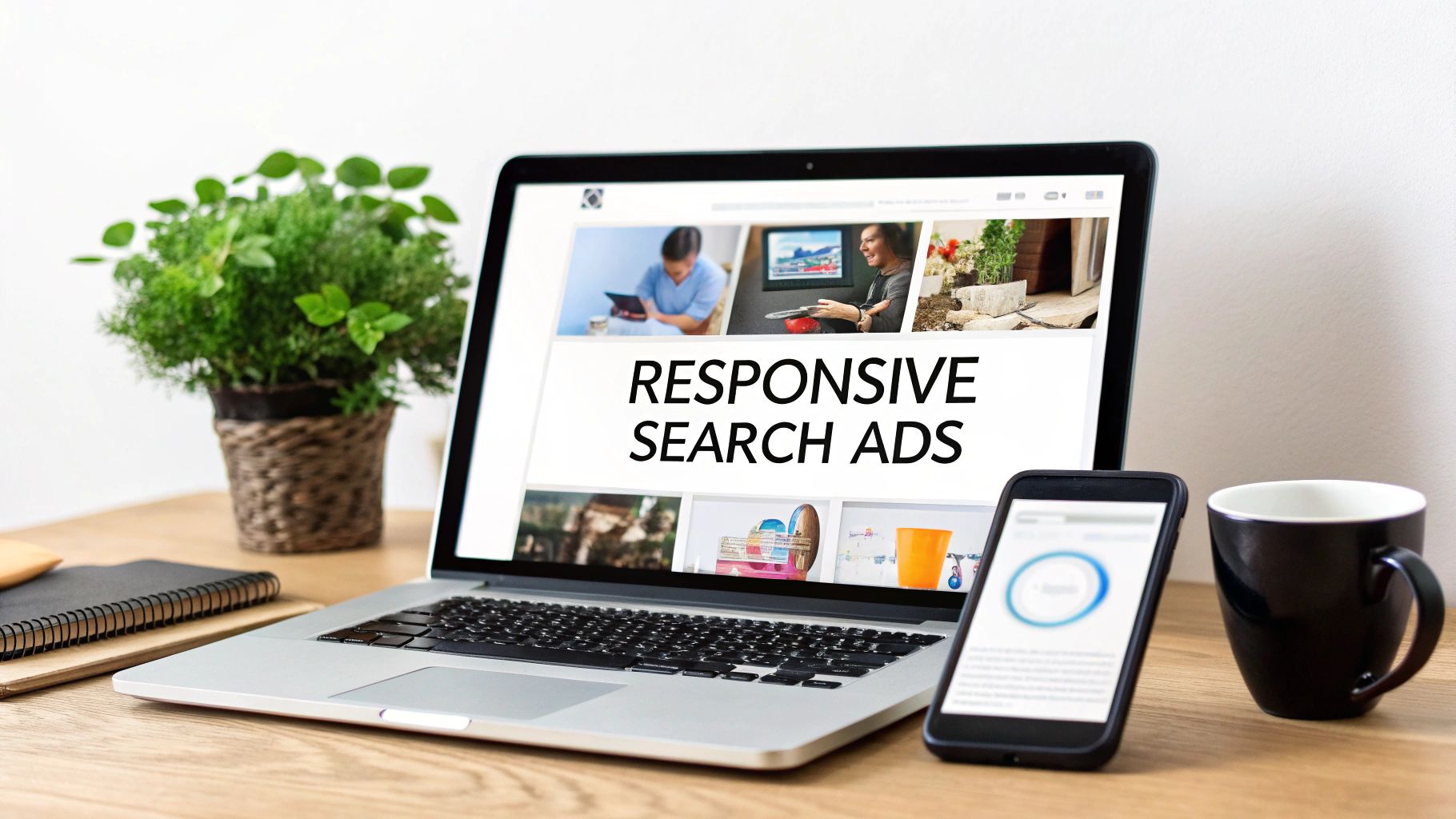
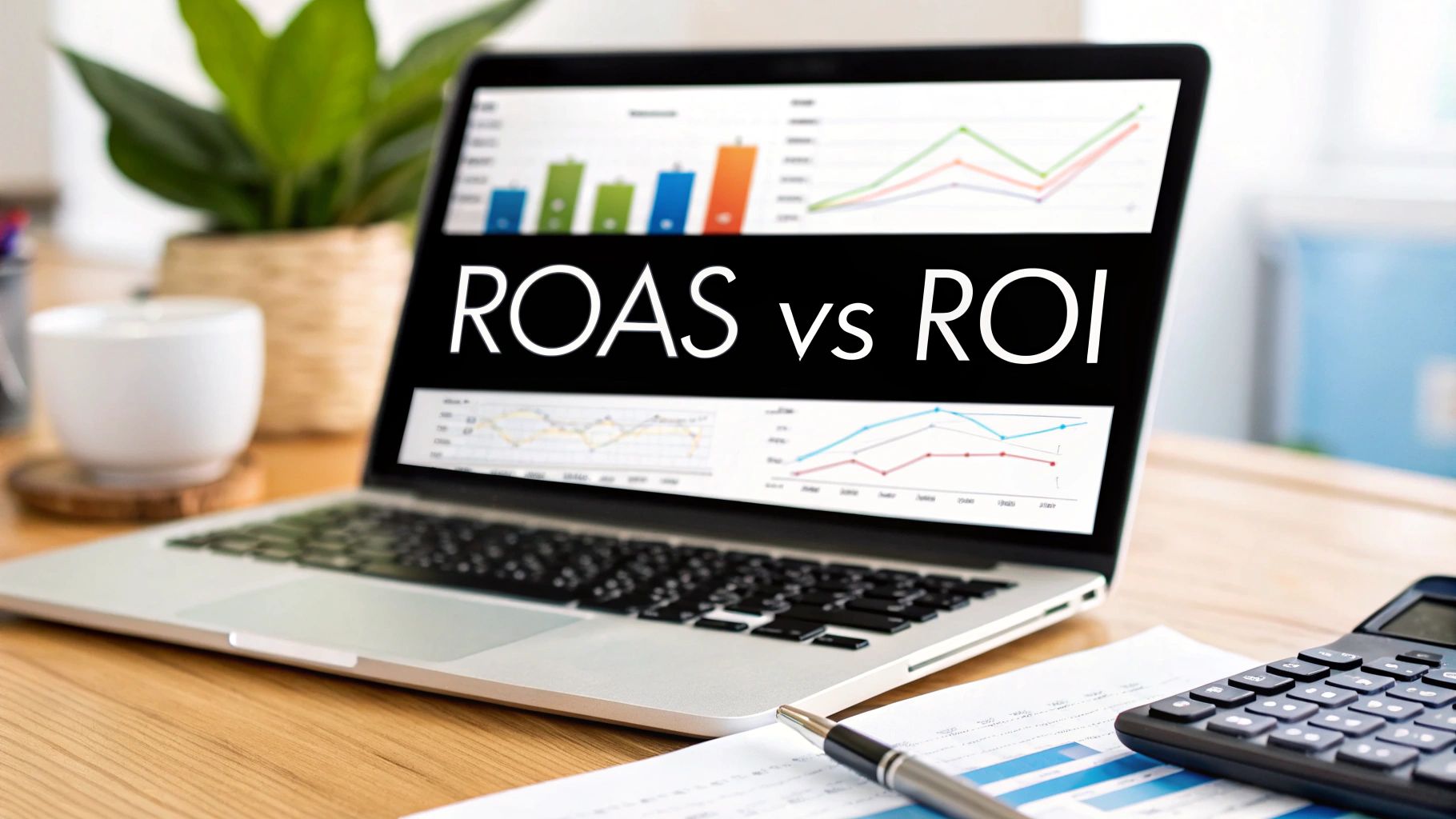
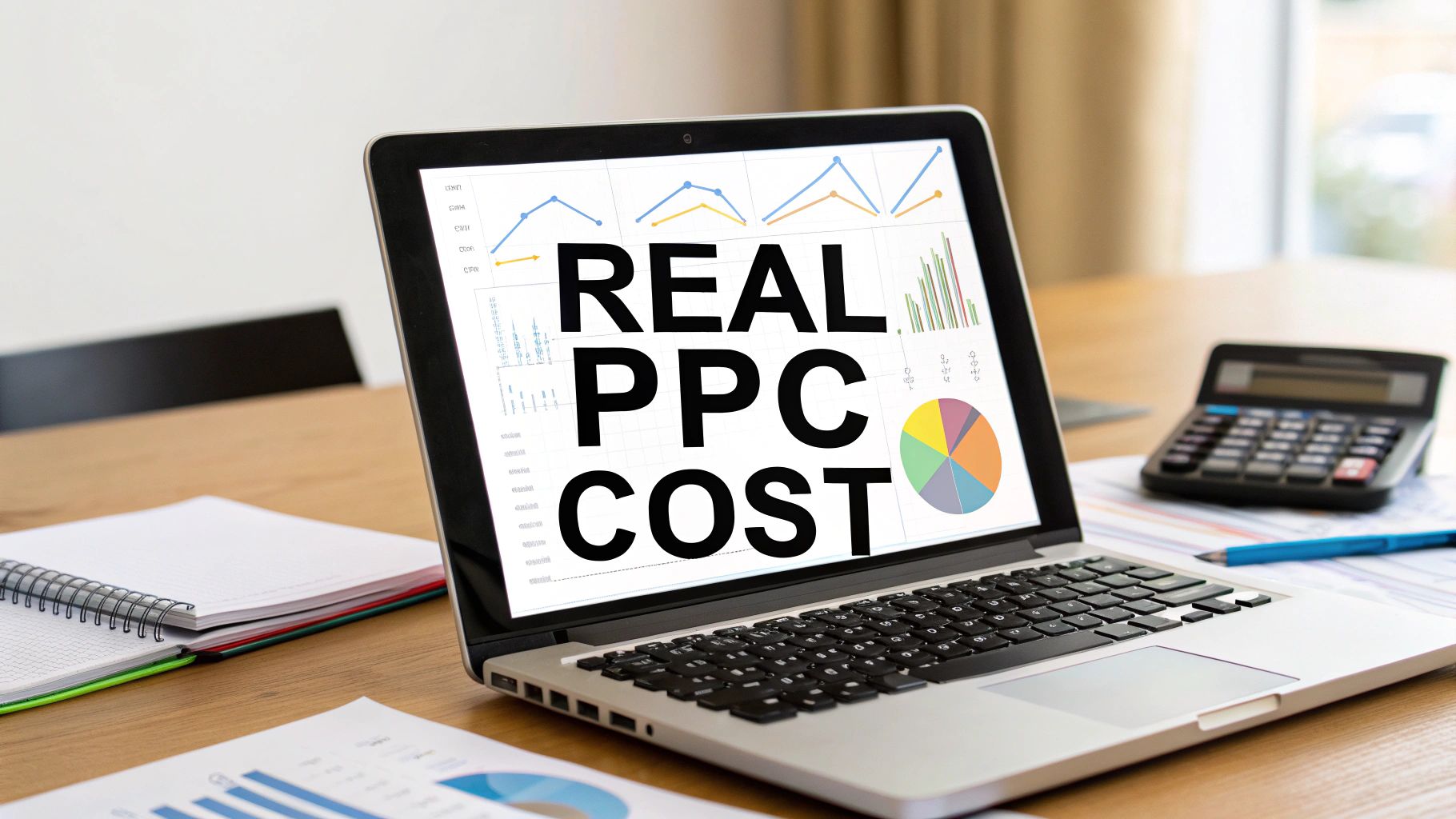
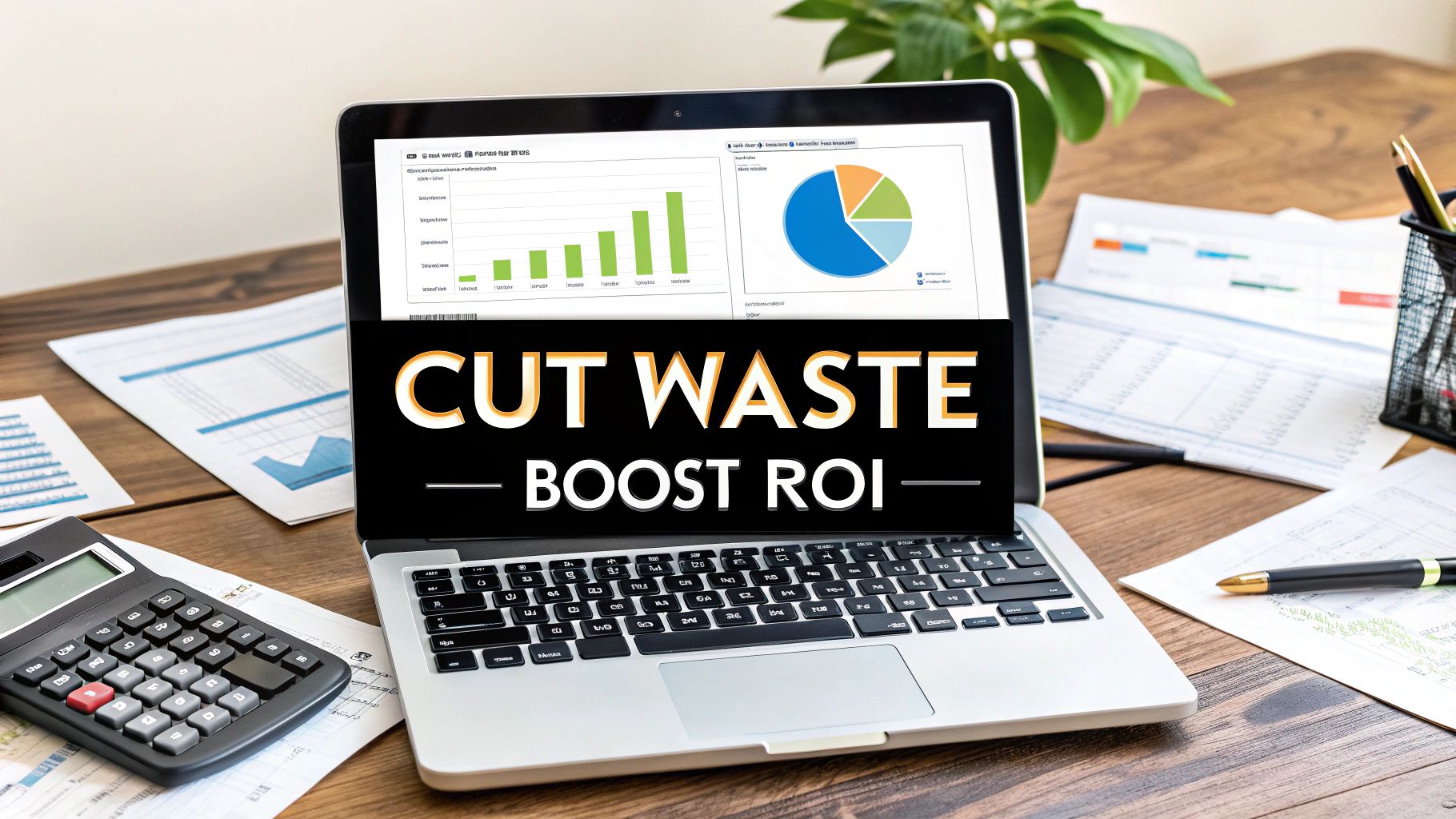
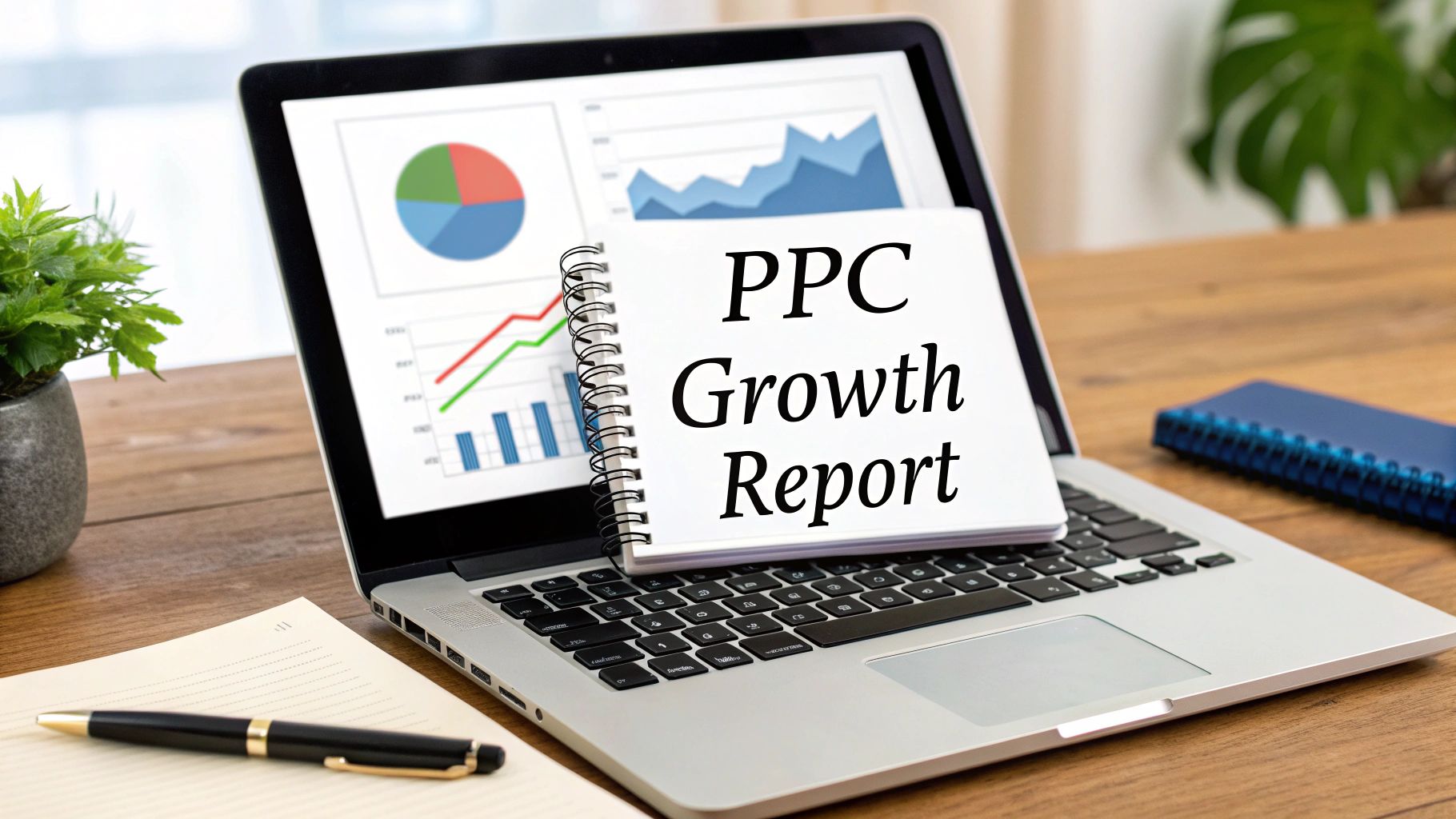
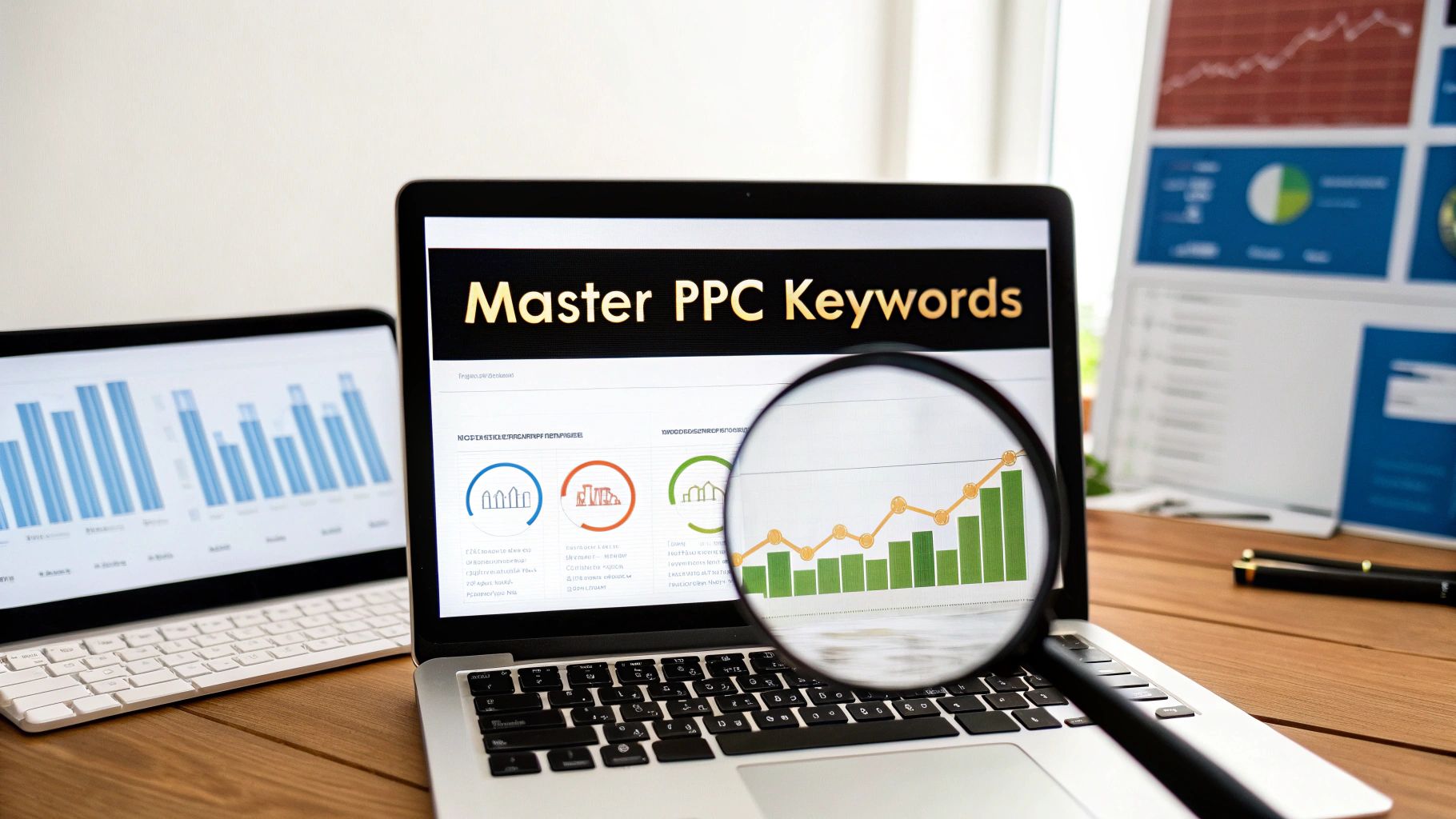
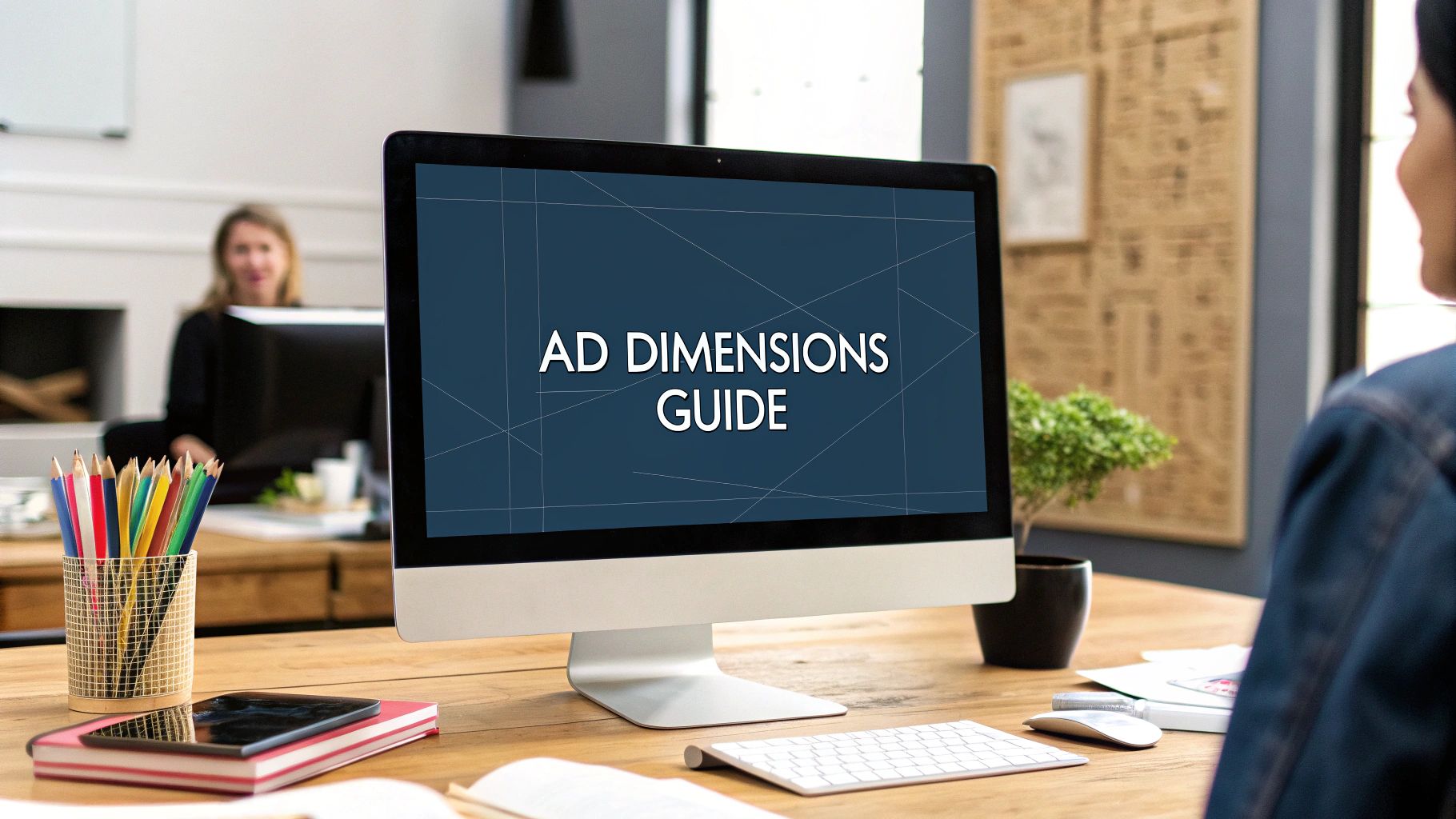
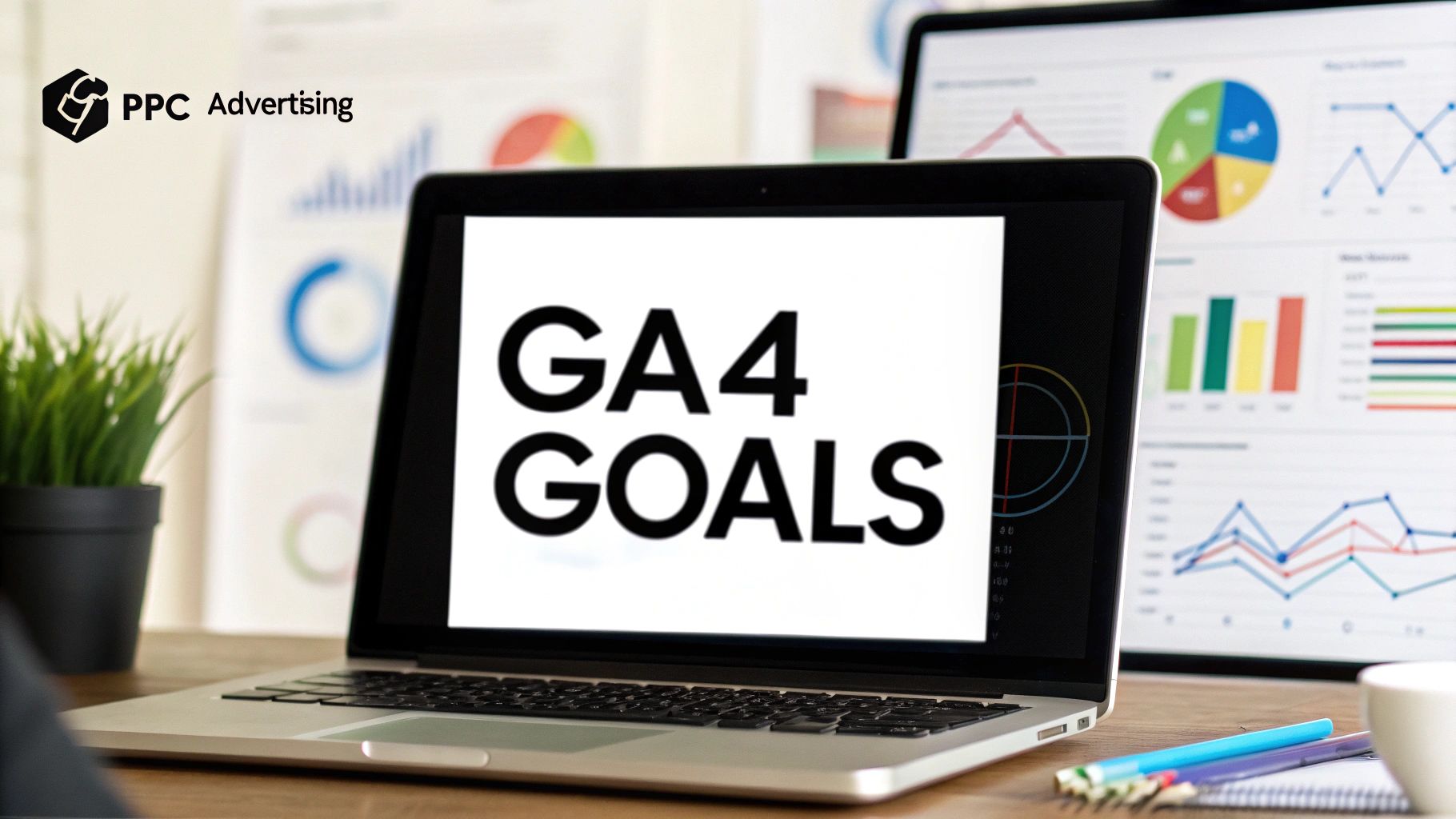
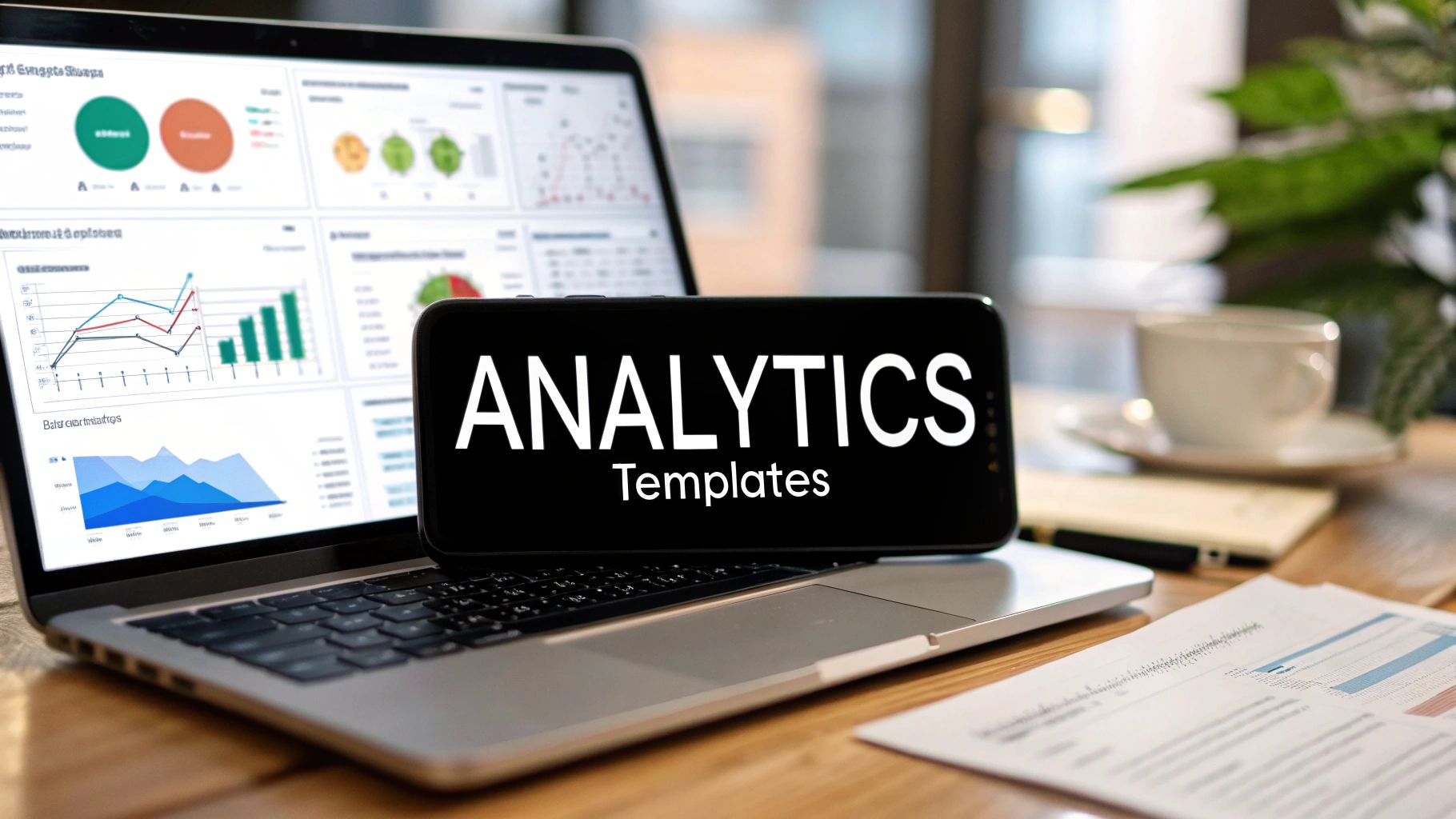
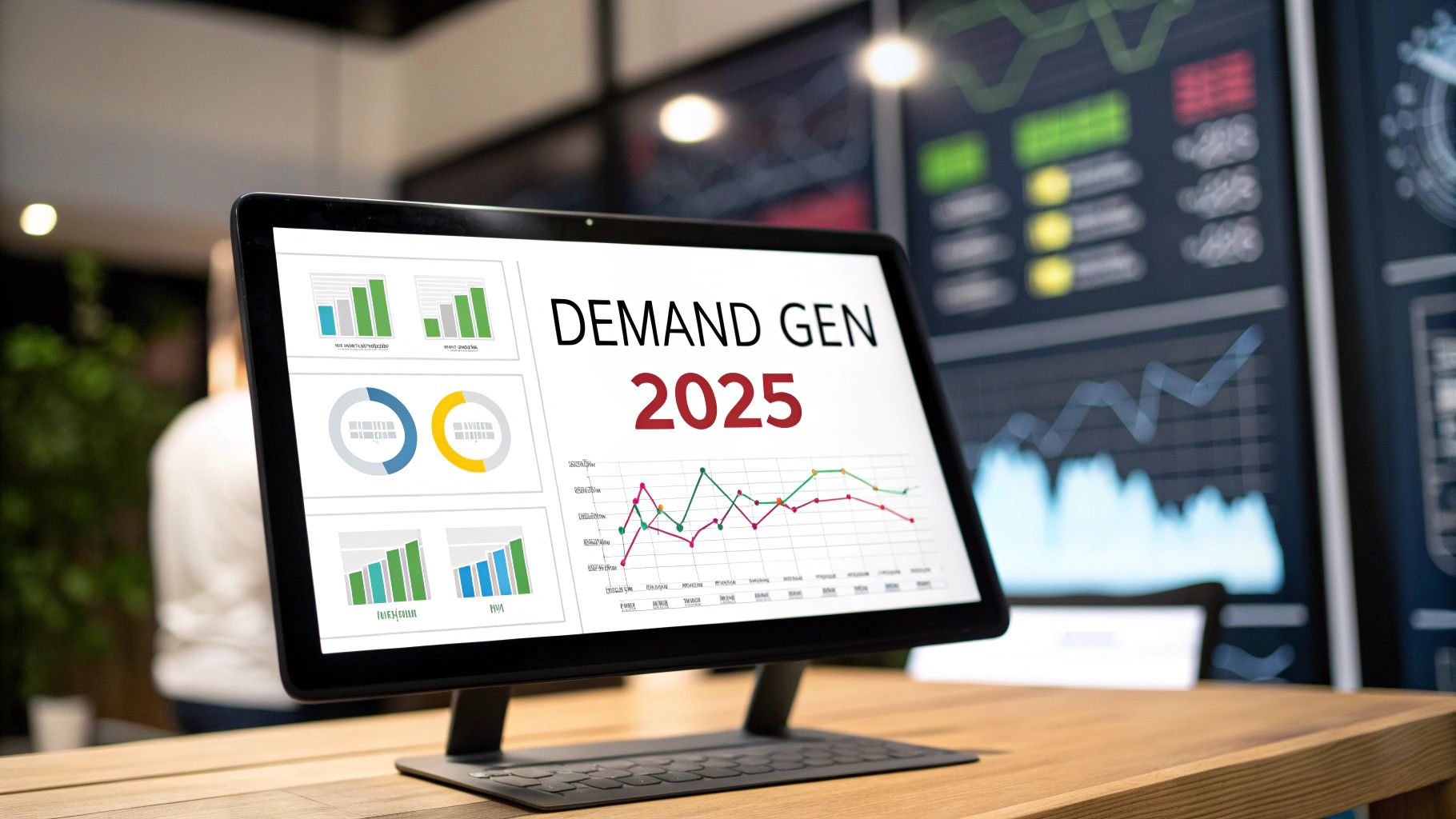
Comments